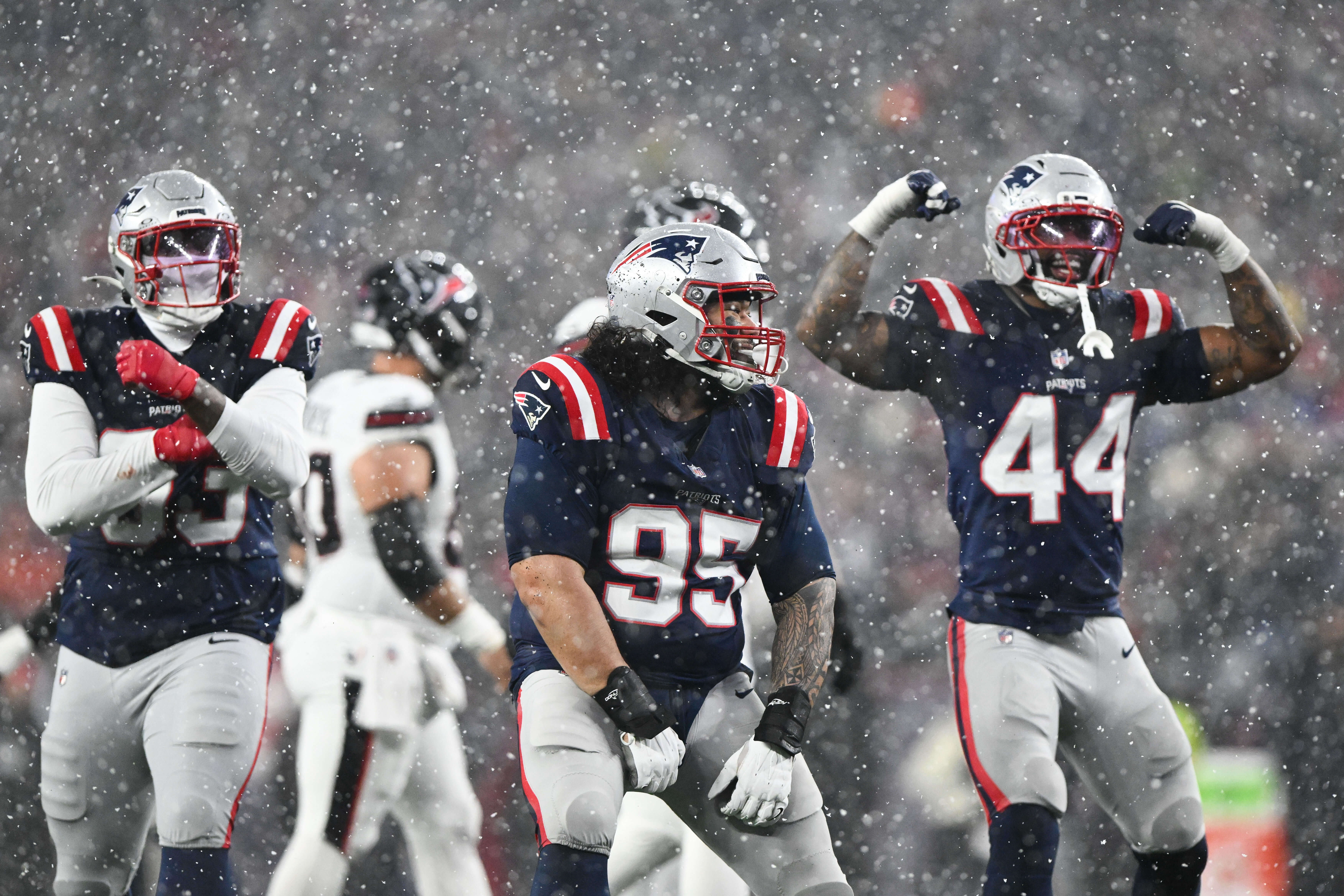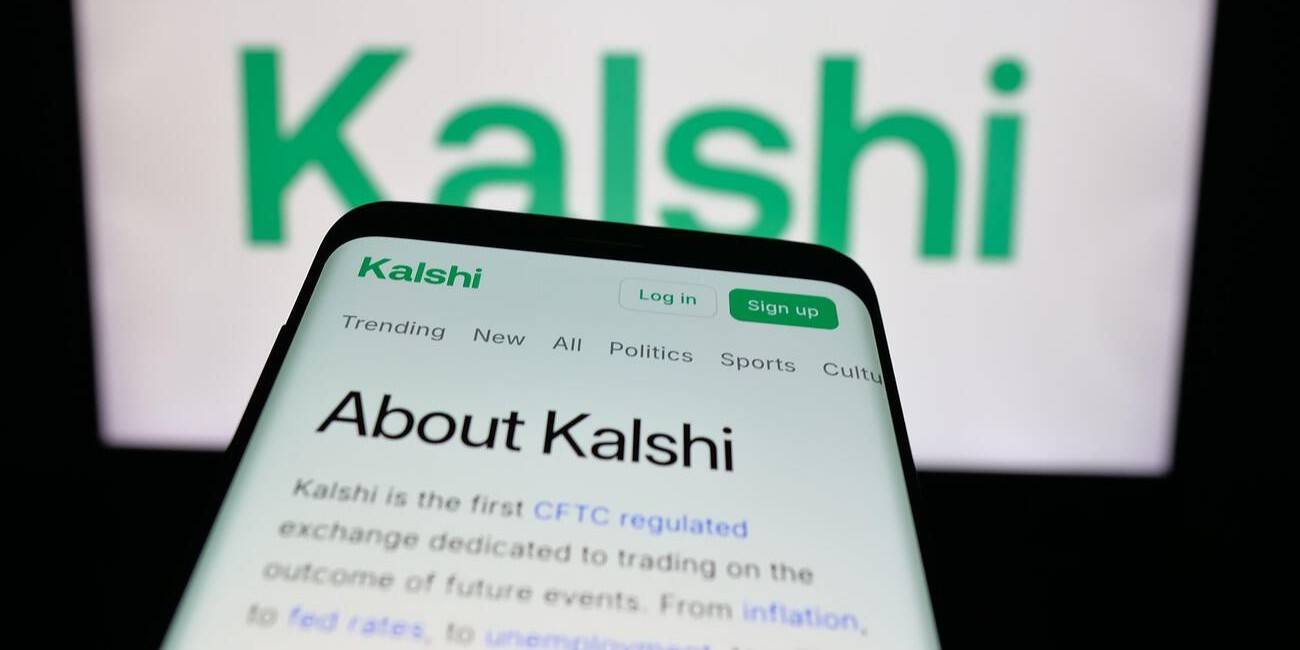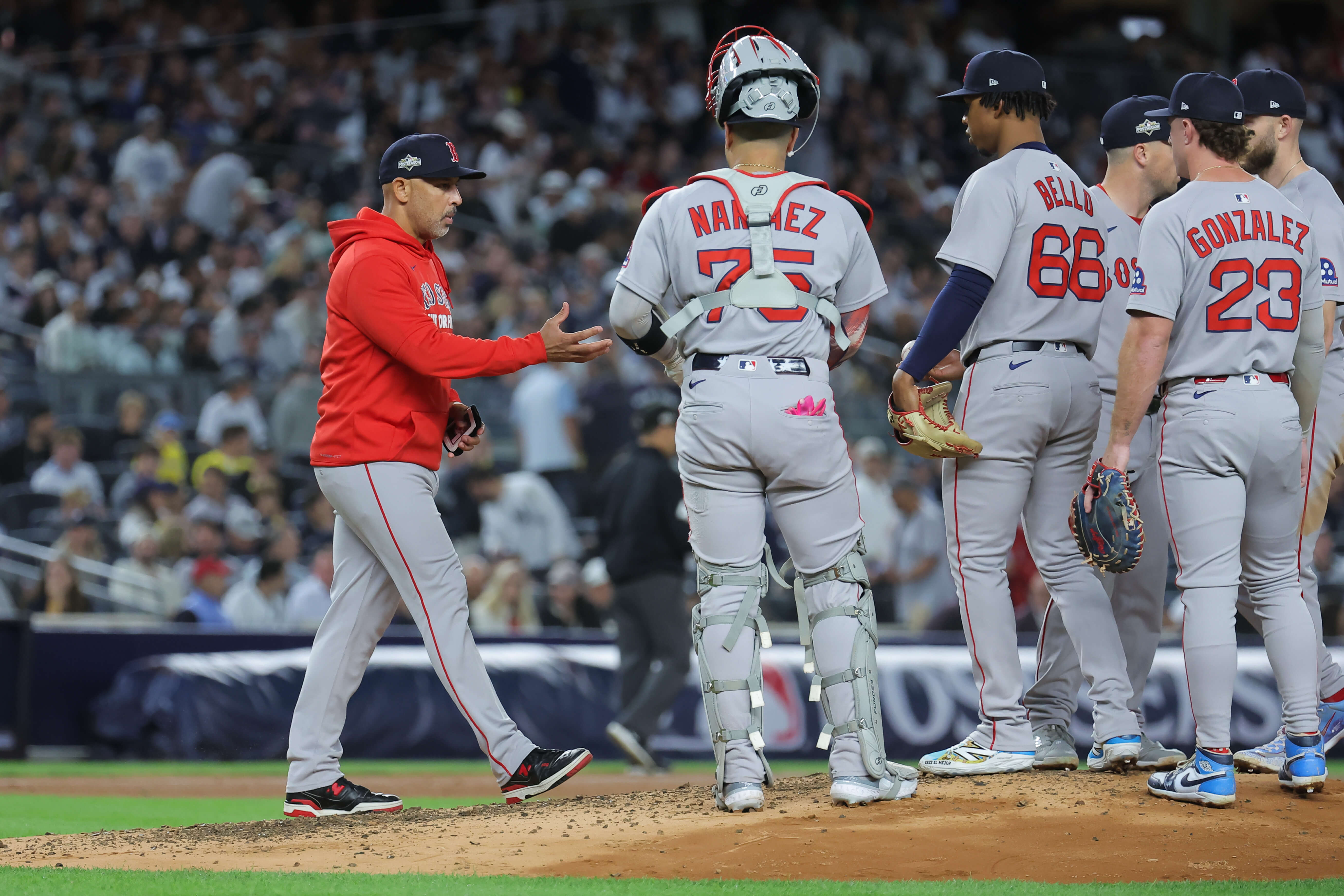The Celtics are in the NBA Finals and the Red Sox are snapping out of their early season funk, so the state legislature can return to thinking about Massachusetts sports betting.
Or not.
Delirious with joy from Celtics fever after Boston’s Game 1 win at Golden State, Gov. Charlie Baker told reporters last week that “there are a lot of people who literally just drive out of Massachusetts so that they can bet on sports, and it’s happening all over the country.”
“And without a legal way to do this, it’s a little bit like the marijuana issue. You just leave the black market there, and you don’t sort of bring it out of the shadows and make it part of the regular crime. I think we should do that.”
Make it part of the regular crime? The governor may want to re-think that legalization sales pitch.
Whatever his language, the governor is a big supporter of legalized sports betting in his state, so now it will be up to a committee of state legislators from the House and Senate to see if they can reach enough of a compromise to move forward with Massachusetts sports betting apps, sites and retail casinos.
The committee meets for the first time Thursday, with a July 31 deadline to get anything passed this session. The players seeking a winning strategy will be House members Jerald Parisella, Aaron Michlewitz and David Muradian and State Senators Michael Rodrigues, Eric Lesser and Patrick O’Connor.
Differences in the House, Senate Bills
The version of the sports betting bill passed by the Senate does not allow for wagering on college sports, the much broader House bill does. The Senate bill has a higher tax rate: 20% vs. 12.5% on in-person betting and 35% vs. 15% on online wagering for sportsbooks like FanDuel Massachusetts.
The Senate bill also directs 9% of revenues toward addiction treatment programs, limits TV ads, and prohibits credit card use. Basically, the Senate bill does not want online wagering, which will not solve Massachusetts’ problem of sports gambling money leaving the state. No online wagering would also mean the inability for bettors in the state to take advantage of any Massachusetts sports betting bonuses.
House Speaker Ron Mariano has said if the Senate doesn’t come around on at least the college sports issue, the Senate bill would not be able to pass the House.
A Complicated Issue for Some States
As has been true in many states, the issue is not a Jayson Tatum slam dunk. Some legislators and neighborhood activists are concerned about the impact of sports betting, how it might increase the number of addicted gamblers, and have additional concerns for the potential problems big money wagering with sportsbooks such as BetMGM Massachusetts may bring to college contests. On the other hand, money talks and that other stuff walks, and right now it’s walking to neighboring states and offshore sportsbooks.
Mariano has pointedly said that leaving college sports out of a bill when there is concern about illegal gambling makes no sense. “The Senate bill is a paternalistic bill, it has all these anti-gaming protections so you don’t get hooked on gaming. But you leave those two things to the black market,” he said, referring to college basketball and football.
Senate President Karen Spilka, who has not been a supporter of sports betting, did tell Boston Public Radio that she would have voted yes on the Senate bill.
By the way, Game 3 of the NBA Finals is Wednesday night in Boston. The Celtics are slightly favored after returning home with the series tied at 1.







 Hope is here. Call (800) 327-5050 or http://gamblinghelplinema.org
Hope is here. Call (800) 327-5050 or http://gamblinghelplinema.org  Play it smart from the start! Live Chat @ http://GameSenseMA.com
Play it smart from the start! Live Chat @ http://GameSenseMA.com